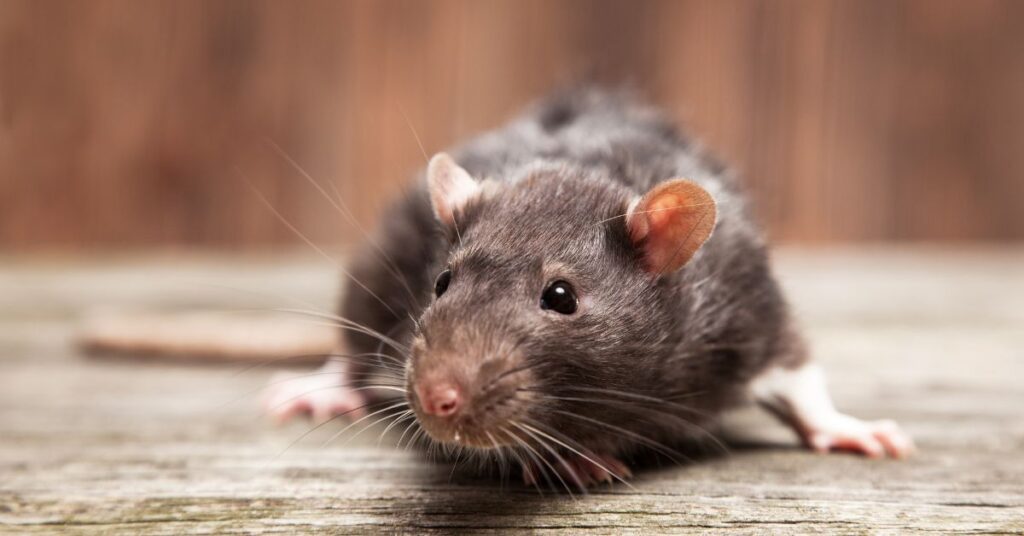Do Rats and Mice Carry Rabies?

When it comes to our homes and health, few creatures stir as much concern as rats and mice. Commonly associated with various diseases, these rodents prompt an important question: Do rats and mice carry rabies? The answer is reassuring to some extent.
While rats and mice can contract rabies, instances of these rodents transmitting the virus to humans are exceedingly rare. Nevertheless, understanding the risks and preventative measures is crucial for peace of mind and safety.
Understanding Rabies
Rabies is that infamous virus we’ve all heard about, usually in the context of a dog bite. It’s a nasty disease that wreaks havoc on the nervous system and can be fatal if not treated promptly. Animals with rabies might act strangely out of character, showing aggression or confusion, and it’s not something you’d not want to tangle with it—be it from a raccoon, bat, or any other furry intruder.
Common Diseases Carried by Rats and Mice
Now, back to our rodent friends. The chances of a rat or mouse passing on rabies are slim. The CDC gives them a bit of a pass here, noting that these little guys aren’t typically associated with the disease. But don’t let your guard down completely—rats and mice have a rap sheet with other unsavory diseases.
These rodents can spread diseases like hantavirus, leptospirosis, and salmonellosis. These ailments can hitch a ride on rodent droppings or urine that can be found inside your walls and attic during a rodent infestation.
Prevent Rodent Infestations With 707 Pest Solutions
Preventing an infestation is far easier than dealing with one. Homeowners should seal up any cracks or openings in the exterior of their homes, ensure that food is stored in rodent-proof containers, and maintain a clean environment to reduce the likelihood of attracting these pests. Regular inspections with 707 Pest Solutions can also catch early signs of rodent activity, allowing us to help prevent an infestation before it starts.
If you’re concerned about rodents in your home or want to ensure your property remains rodent-free, don’t hesitate to contact 707 Pest Solutions today! We are here to help you with effective pest management strategies that keep your home safe and healthy.
FAQ About Rodents and Rabies
Rodents like rats and mice have a lower incidence of rabies primarily because they are less likely to survive the types of aggressive encounters with rabid animals that would lead to rabies transmission. Additionally, their size and biology may make them less susceptible to the rabies virus establishing an infection.
Rabies transmission from mice to humans is extremely rare. However, it’s always best to consult with a healthcare professional if bitten by a mouse or any wild animal. They can assess the situation and determine if a rabies shot or any other treatment is necessary.
While it’s theoretically possible for dogs to get rabies from eating rodents, the risk is very low. Rodents are not common carriers of rabies, and the virus does not survive long outside of a host. Nonetheless, it’s important to keep dogs vaccinated against rabies as a precaution.
All mammals can contract rabies, but some are less susceptible than others. Small rodents like squirrels, rats, mice, hamsters, guinea pigs, gerbils, and chipmunks are rarely found to be infected with rabies and are not known to have transmitted rabies to humans.
It’s not that squirrels can’t get rabies; they seldom do. Squirrels would typically die from an encounter with a rabid animal before the virus could incubate and cause symptoms. Their limited interactions with other animals that commonly carry rabies also reduce their risk of exposure.
